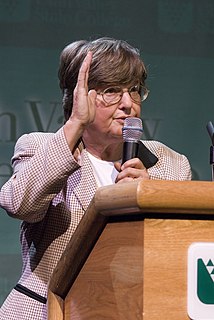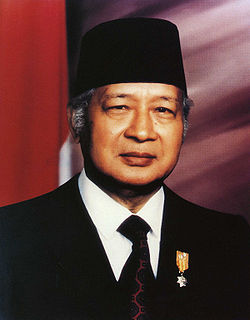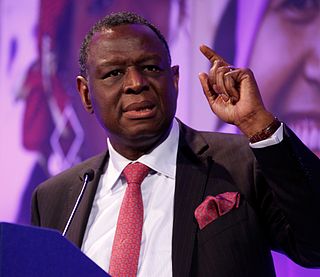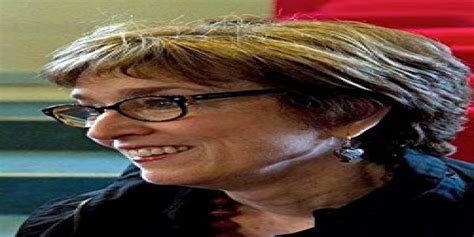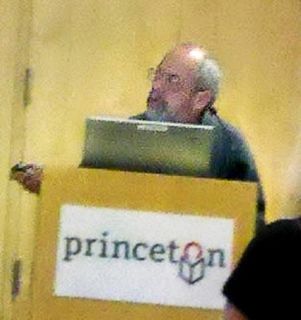A Quote by Helen Prejean
The movement to abolish the death penalty needs the religious community because the heart of religion is about compassion, human rights, and the indivisible dignity of each human person made in the image of God.
Related Quotes
But the dignity of human life is unbreakably linked to the existence of the personal-infinite God. It is because there is a personal-infinite God who has made men and women in His own image that they have a unique dignity of life as human beings. Human life then is filled with dignity, and the state and humanistically oriented law have no right and no authority to take human life arbitrarily in the way it is being taken.
Sexual and reproductive health and rights are universal human rights!They are an indivisible part of the broader human rights and development equation. Their particular power resides in the fact that they deal with the most intimate aspects of our identities as individuals and enable human dignity, which is dependent on control of our bodies, desires and aspirations.
For us democracy is a question of human dignity. And human dignity is political freedom, the right to freely express opinion and the right to be allowed to criticise and form opinions. Human dignity is the right to health, work, education and social welfare. Human dignity is the right and the practical possibility to shape the future with others. These rights, the rights of democracy, are not reserved for a select group within society, they are the rights of all the people.
The dignity of the human person is a transcendent value, always recognized as such by those who sincerely search for the truth. Indeed, the whole of human history should be interpreted in the light of this certainty. Every person, created in the image and likeness of God (cf. Gn 1:26 28), is therefore radically oriented towards the Creator, and is constantly in relationship with those possessed of the same dignity. To promote the good of the individual is thus to serve the common good, which is that point where rights and duties converge and reinforce one another.
All human life-from the moment of conception and through all subsequent stages-is sacred, because human life is created in the image and likeness of God. Nothing surpasses the greatness or dignity of a human person...If a person's right to life is violated at the moment in which he is first conceived in his mother's womb, an indirect blow is struck also at the whole moral order.
The strongest statement ever made about women's rights appears on page one of the Bible. God's first words about his daughters established an indestructible foundation for women's rights because God anchored those rights in himself. By creating his daughters along with his sons in his image and likeness, God elevated every human being to the highest possible rank. Which means any mistreatment - verbal, emotional, or physical - of any woman or girl amounts to defacement of God himself, for she bears his image.
A growing body of social science research reveals that atheists, and non-religious people in general, are far from the unsavory beings many assume them to be. On basic questions of morality and human decency - issues such as governmental use of torture, the death penalty, punitive hitting of children, racism, sexism, homophobia, anti-Semitism, environmental degradation or human rights - the irreligious tend to be more ethical than their religious peers, particularly compared with those who describe themselves as very religious.
I believe all Americans are born with certain inalienable rights. As a child of God, I believe my rights are not derived from the constitution. My rights are not derived from any government. My rights are not denied by any majority. My rights are because I exist. They were given to me and each of my fellow citizens by our creator, and they represent the essence of human dignity.
